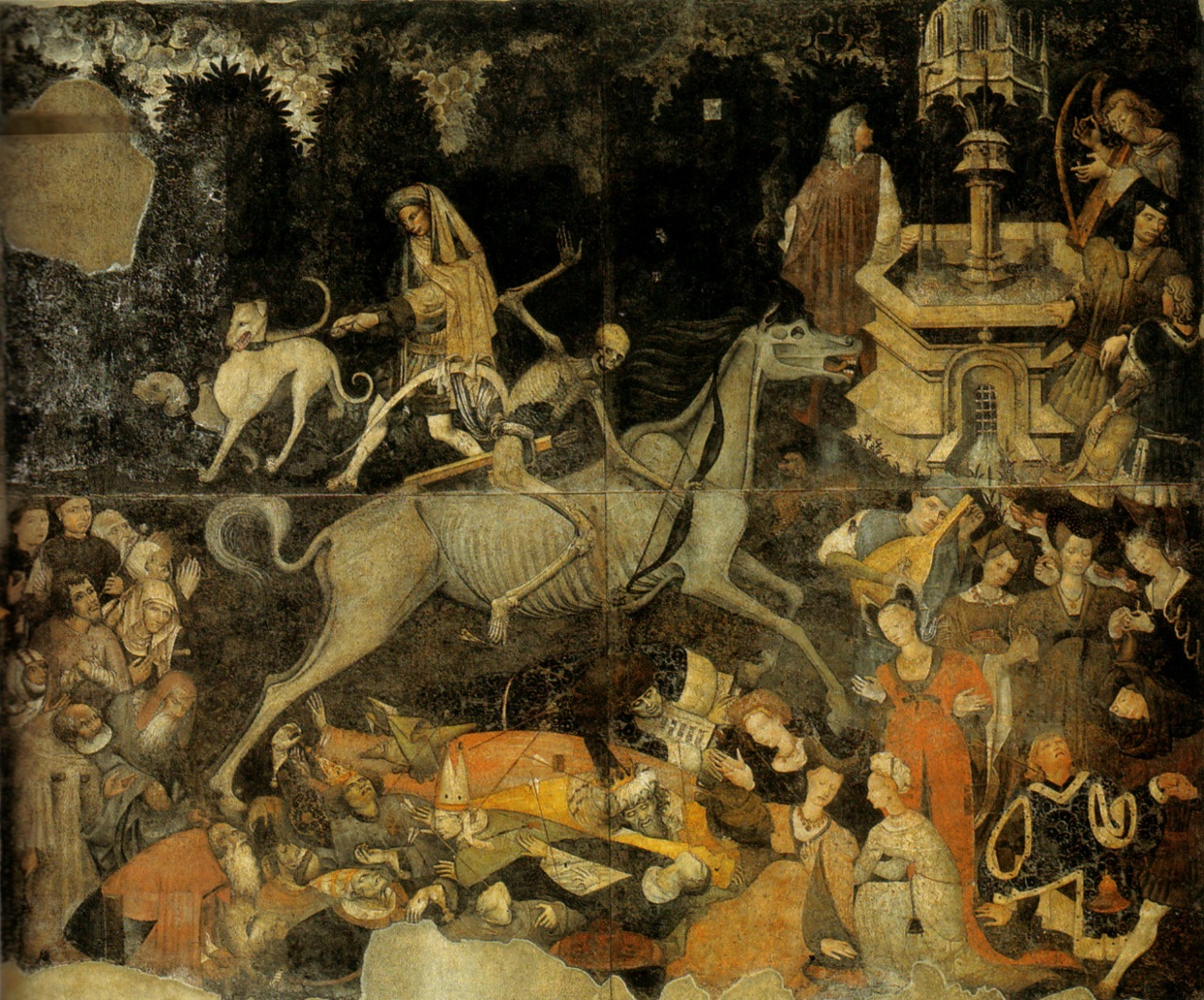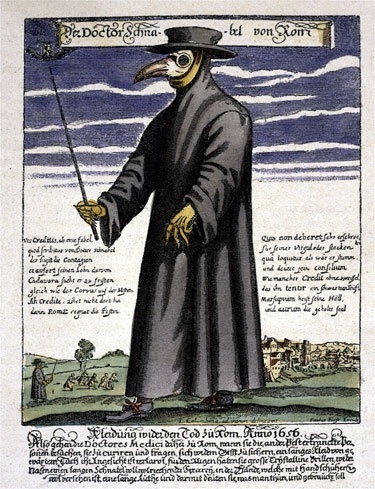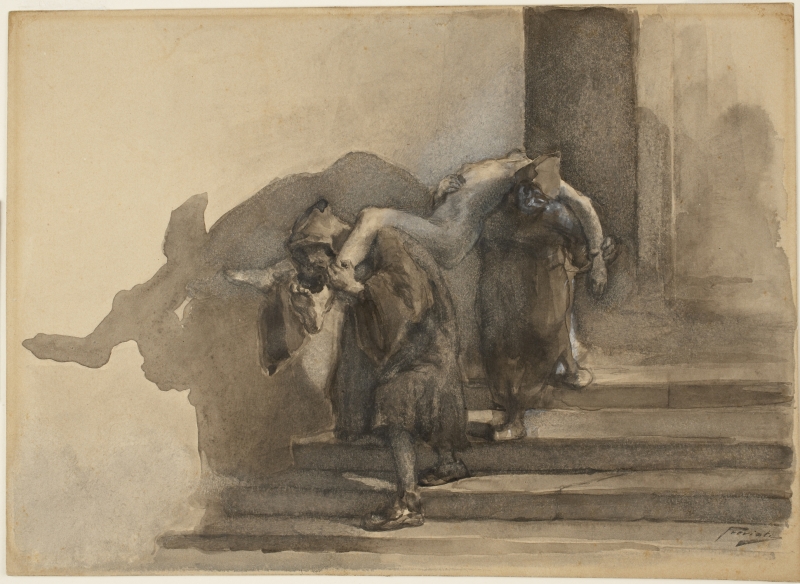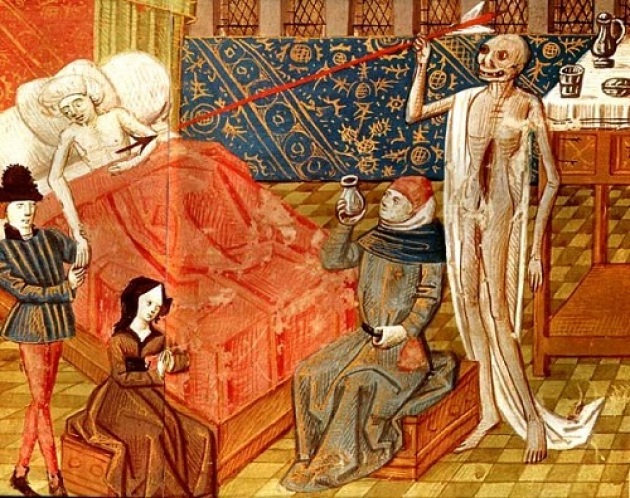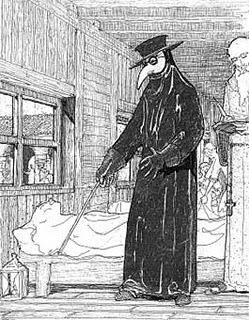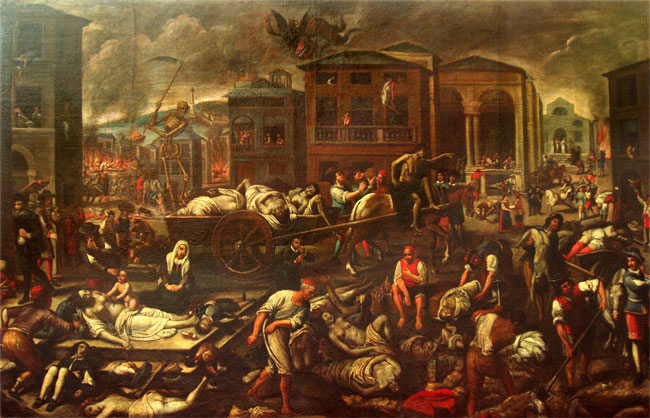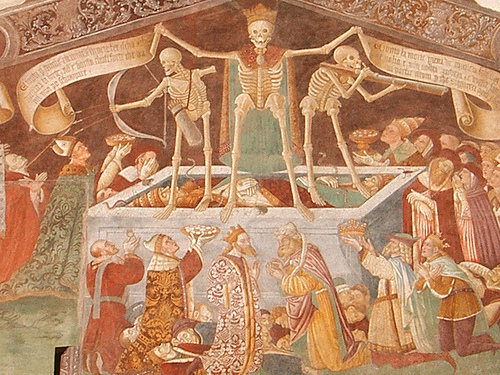Just a name: the plague; it opens a black abyss before us, a chasm of primaeval scare, as old as the man. It is the evil that over the centuries has become the symbol of a transcendent horror: absolute phobia. Plague is the lethal disease, the nightmare that walks beside us, it’s death in ambush, it is the psychosis that prevents us from shaking hands, it is the separation between neighbors, friends, brothers, lovers.
It is the drift of a society that comes to see in the other a possible killer, an infected: an infector. And today, this state of things, this loneliness like besieged people, this living in the impatience of the present and without prospectives for the future is what is happening in Madagascar, where an epidemic pulmonary plague has exploded and has already infected more than a thousand people and one hundred died from the end of August till today.
The disease we thought confined to the literature world, returned inpacting the island of the Indian Ocean. It is the disease of misery that strikes, today as yesterday, where indigence is endemic and where poverty is so atrocious that it does not even have the privilege of arousing the alms of compassion; and as a biblical punishment, it kills humans about to remember that for them existence will always be in the brink of tragedy.
From the ’80s to today, Madascar has cyclically assisted the return of the disease conveyed by the rats. But this year the figures of the sick and the victims are the highest in the last thirty years. Probably to make sure that the fleas of rats have returned to infect men was deforestation and the increase in fires. This has led the rats to push into urban centers and populated areas.
The first case is in August. A man was on a bus, then suddenly he felt sick, fever, spasms, death. So local media say, but in the meantime people on the island have already forgotten that man because the disease spread and began to hit markets, schools, and major urban centers.
The plague has quickly spread to the capital Antananarivo and Toamasina, the main port on the island, and to scare more than anything else is that the pulmonary form is spreading, which is not only driven by the fleas of the rats but is transmitted by air from man to man. And for this reason, Madagascar’s government has adopted radical policies to try to stem the spread of infection as much as possible.
Visits to the prisons have been suspended, closed the universities, in the streets and in the markets men and women with hermetic suits, monks of our time, wander wearing masks and shoulders dispensers that spray disinfectant everywhere.
Prime Minister Olivier Mahafaly Solonandrasana has appeared on national television stations to announce that all public events in the capital have been suspended as a preventative measure in the fight against the plague, and then added: “For all those who have to go to the stations and at the airport will be taken preventive measures to avoid panic and control the disease.”
The World Health Organization has intervened urgently by allocating 1.2 million doses of antibiotics and preparing an emergency fund of 1.5 million dollars. The distribution of specific antibiotics is the most important thing to do. Black plague, if underestimated or not recognized promptly, can lead to death in the space of even only 24 hours.
But in addition to the epidemic plague, which according to the latest data provoked more than 124 deaths and 1300 infections, is also witnessing the spread of another epidemic that is the one of collective panic. Outside Antananarivo pharmacies, men and women with face masks await since early in the morning hoping to get a pack of antibiotics.
Many dispensaries have already finished stocks, the masks are almost exhausted throughout the island and then, compared to the past, this is one of the first plagues of the 2.0 era and so to foment panic is also Facebook, where comments and fake news made the social network a reservoir of psychosis and collective hysteria.
The casualties in any case continue to be recorded, the pestilence continues and the island is at the mercy of the siege of the plague, of the fear that leave no hopes, and every man is then thinking of self only, prisoners of the past, melancholy and memory: the only one left to a person when the future is not contemplated because in any moment, suddenly, can happen the Black Plague.
Source: Gli occhi della Guerra
